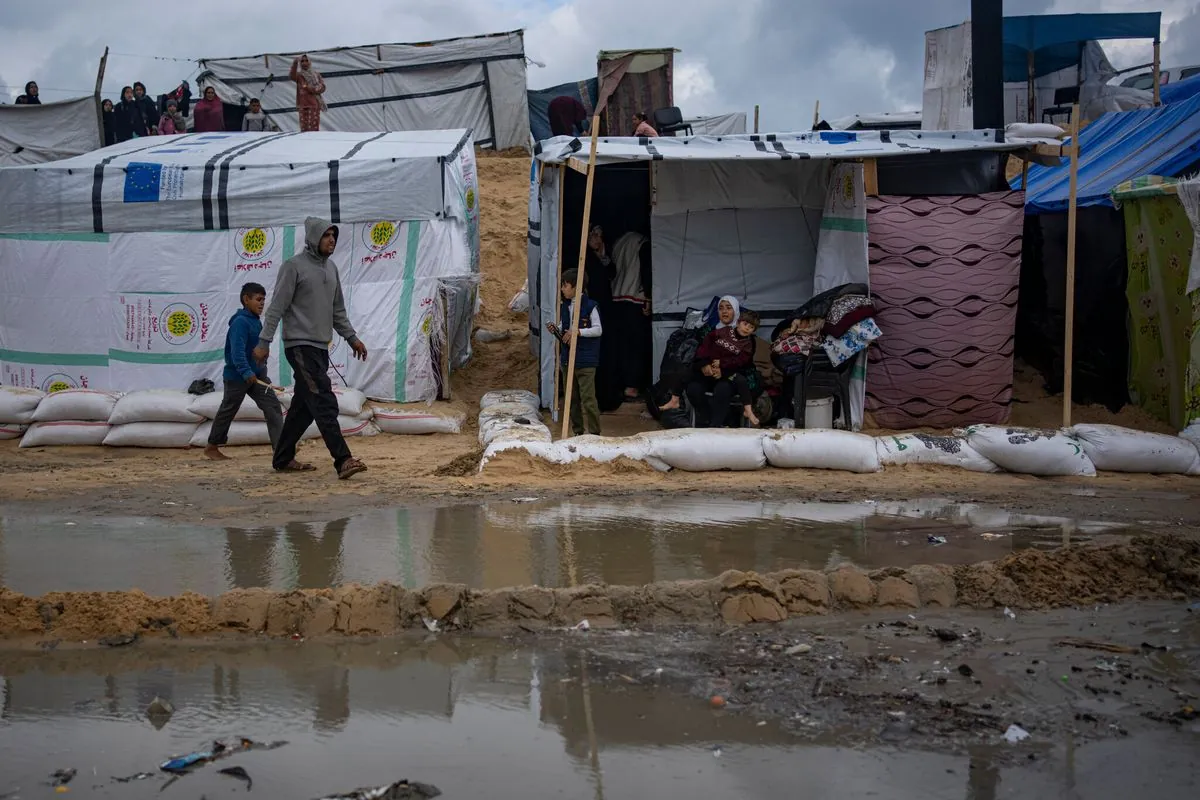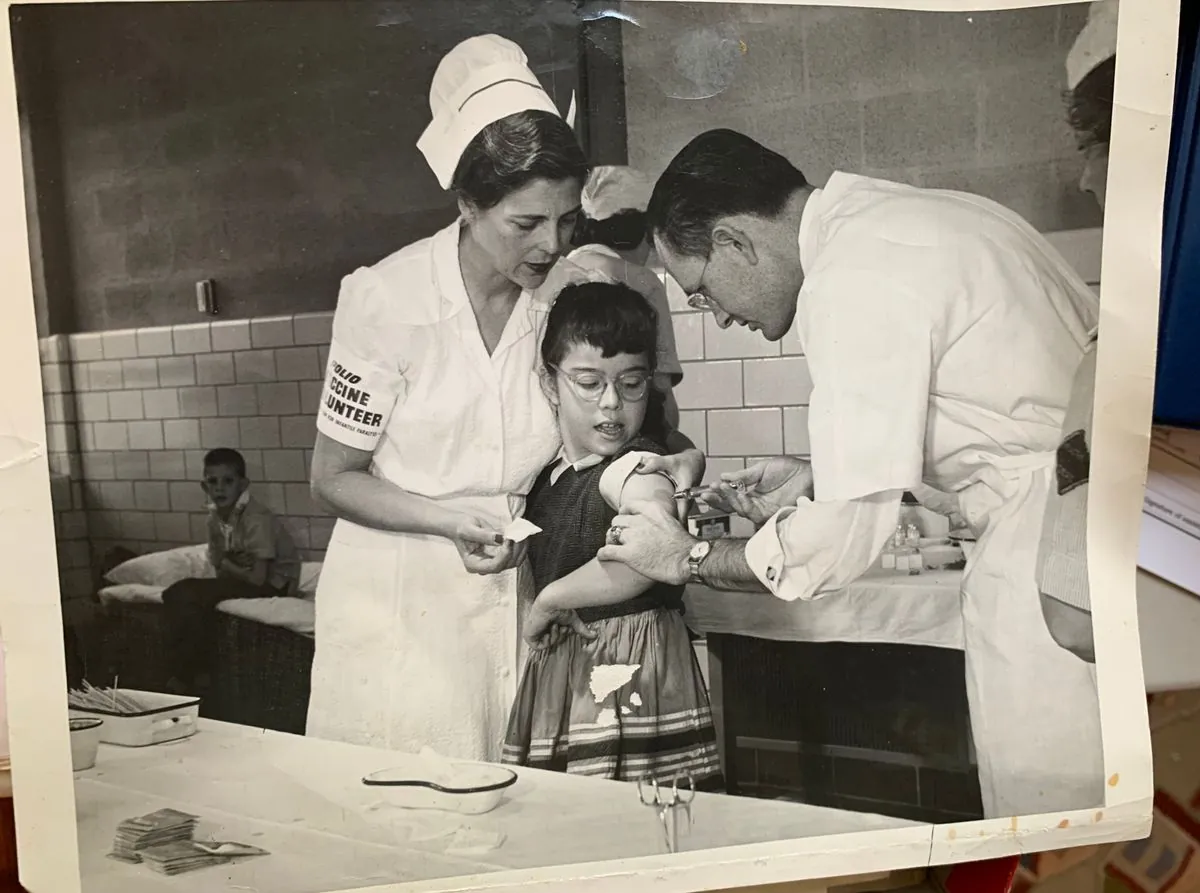Gaza's Health Crisis: Disease Spreads Amid War and Sanitation Collapse
In war-torn Gaza, a severe health crisis unfolds as infectious diseases spread rapidly. Destroyed infrastructure and overcrowded camps create perfect conditions for outbreaks, with WHO warning of potential polio circulation.

In the heart of Gaza, a dire health emergency is unfolding as the ongoing conflict between Israel and Hamas enters its eleventh month. The destruction of vital infrastructure and mass displacement have created a perfect storm for the spread of infectious diseases, threatening the lives of countless civilians.
Adel Abu Obeida, a father of six, exemplifies the daily struggles faced by many Gazans. His family, like thousands of others, lives in squalid conditions in a tent camp in Deir al-Balah. Abu Obeida's nights are spent trying to protect his children from sewage, insects, and rodents that invade their temporary shelter. The lack of clean water and proper sanitation has led to a surge in preventable illnesses.
"We literally live in a large swamp of sewage."
The World Health Organization (WHO) has raised alarm bells about the potential spread of poliovirus in Gaza. Tedros Adhanom Ghebreyesus, WHO Director-General, announced on August 7, 2024, that vaccine-derived poliovirus had been detected in six sewage samples from southern and central Gaza. This discovery is particularly concerning given that Gaza's polio vaccination rate has dropped from 99% before the conflict to 86% currently.

The health crisis extends beyond polio. Healthcare workers report a significant increase in cases of Hepatitis A, chickenpox, scabies, mumps, measles, and meningitis. Since October 2023, over 100,000 cases of acute jaundice syndrome, indicative of Hepatitis A, have been reported – a stark contrast to the mere 85 cases recorded in the same period before the war.
The destruction of water and sanitation infrastructure has exacerbated the situation. According to the United Nations Environment Program, Gaza's five wastewater treatment plants have shut down, leading to sewage contamination of beaches, coastal waters, soil, and freshwater sources. This contamination creates an ideal environment for the spread of waterborne diseases.
Mohammed Emam, director of Gaza City's wastewater department, estimates that it could take up to a year to repair the damage to sewage management systems, even if fighting were to cease immediately and reconstruction materials were allowed in.
The overcrowded conditions in displacement camps further contribute to the rapid spread of diseases. Kari Thabet, a mother of three living in a house with 40 other people in Deir al-Balah, reports that at least 14 people in her household have contracted Hepatitis A. The scarcity of basic hygiene products, with a bar of soap costing $13 and a bottle of shampoo $32, makes maintaining cleanliness a near-impossible task for most families.
Healthcare workers are struggling to cope with the influx of patients suffering from preventable illnesses. Dr. Raed al-Baba, a pediatrician at a clinic in Mawasi, southern Gaza, sees over 120 patients daily with various infections and skin conditions. The shortage of medical supplies forces doctors to ration treatments, leaving many patients without adequate care.
As the health crisis deepens, international organizations continue to call for an immediate ceasefire to address the humanitarian emergency. The WHO, along with other relief agencies, emphasizes the need for "days of tranquility" to allow for the free movement of healthcare workers and aid organizations.
The situation in Gaza serves as a stark reminder of the devastating impact of conflict on public health. As negotiations for a ceasefire continue, the lives of countless civilians hang in the balance, threatened not only by the ongoing violence but also by the silent killers of preventable diseases.


































